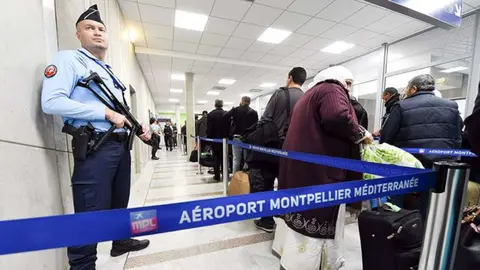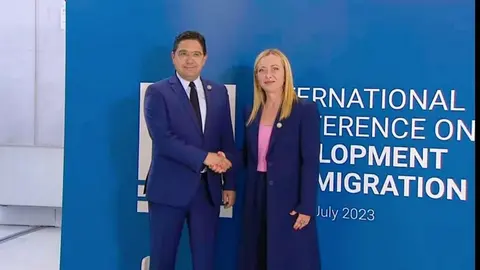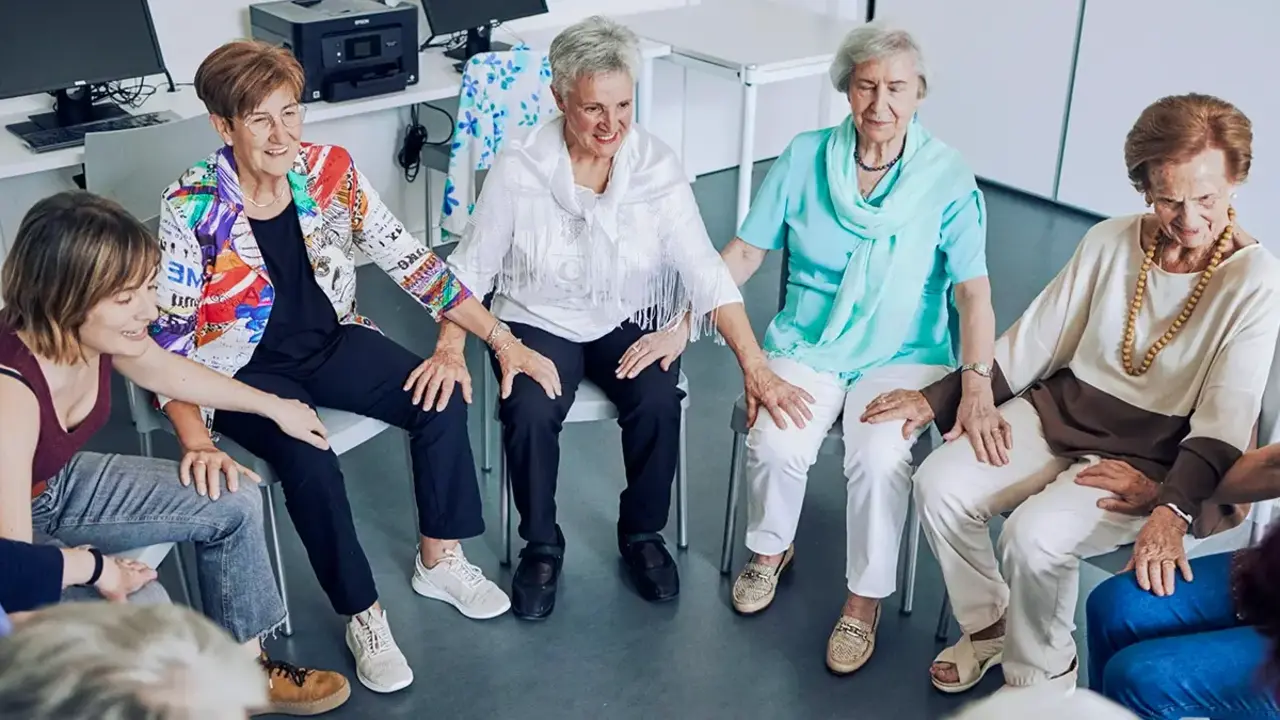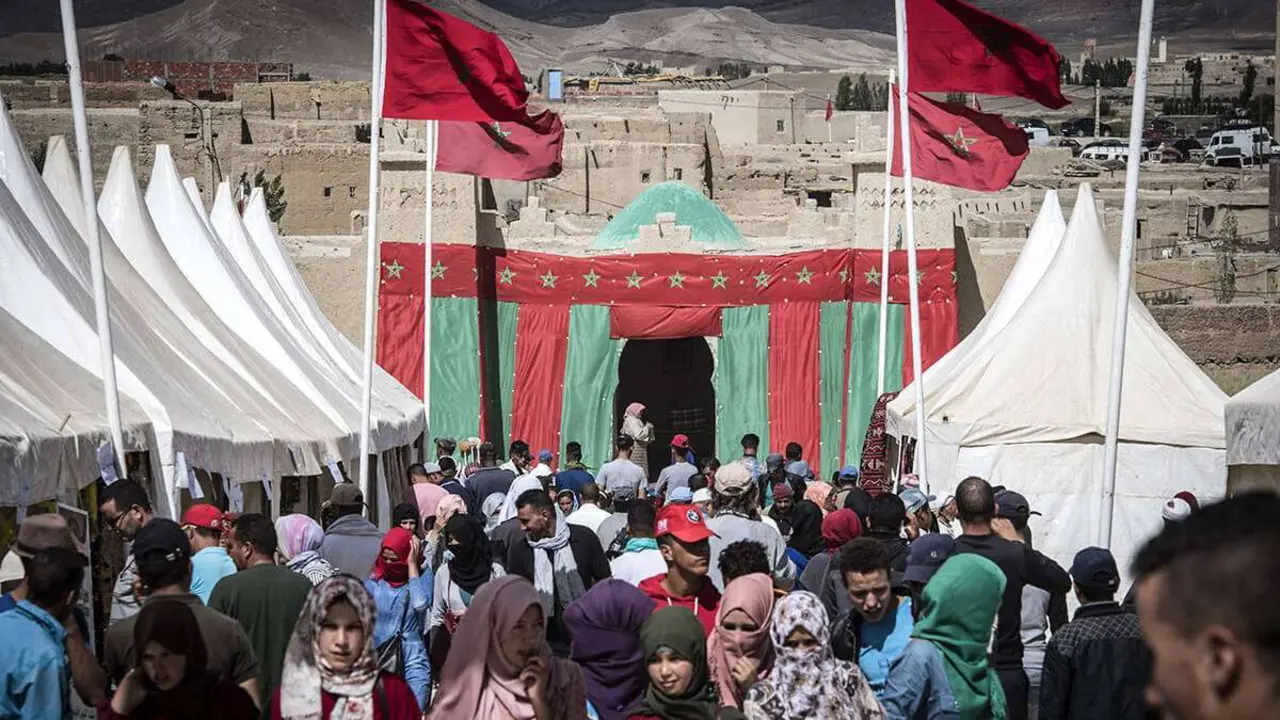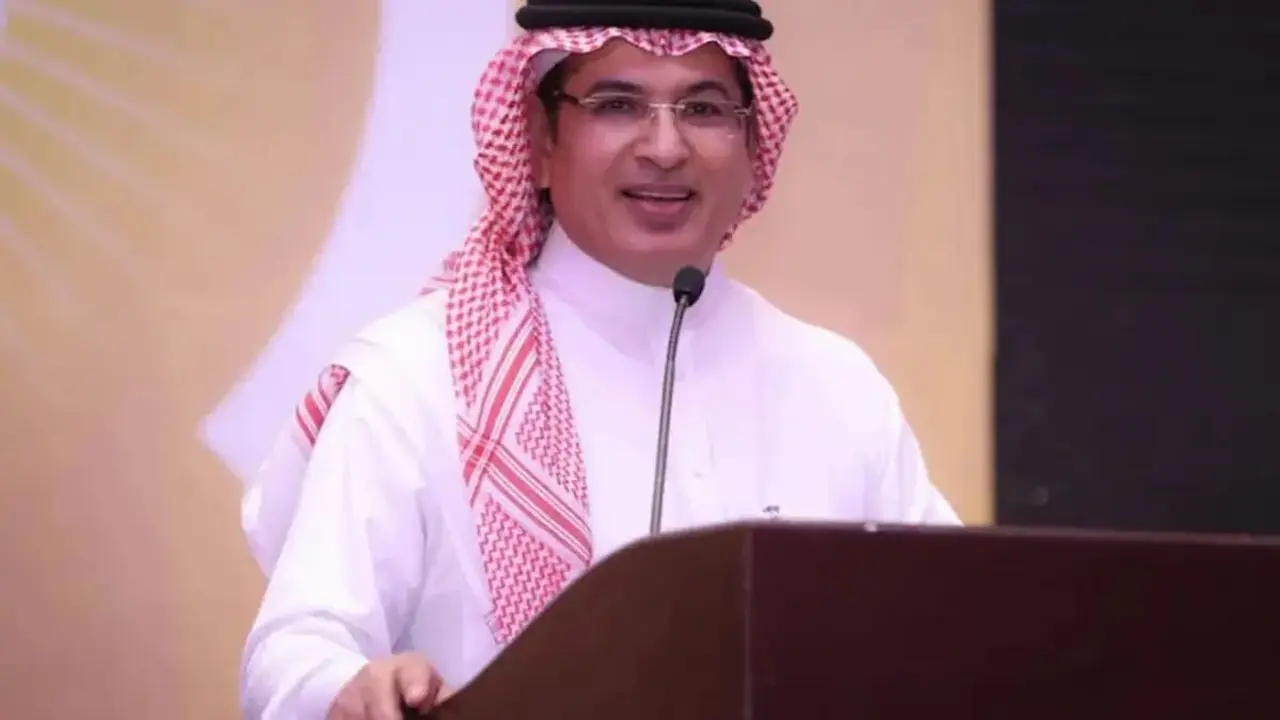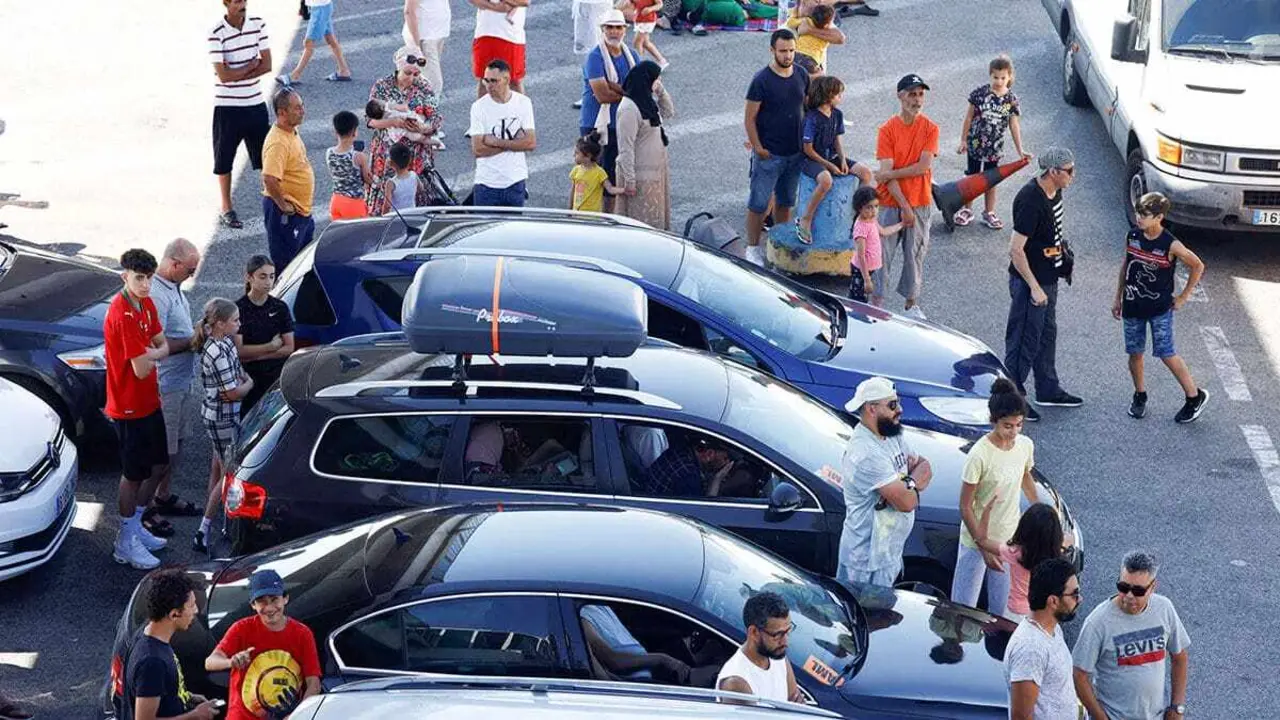States must guarantee migration based on human rights
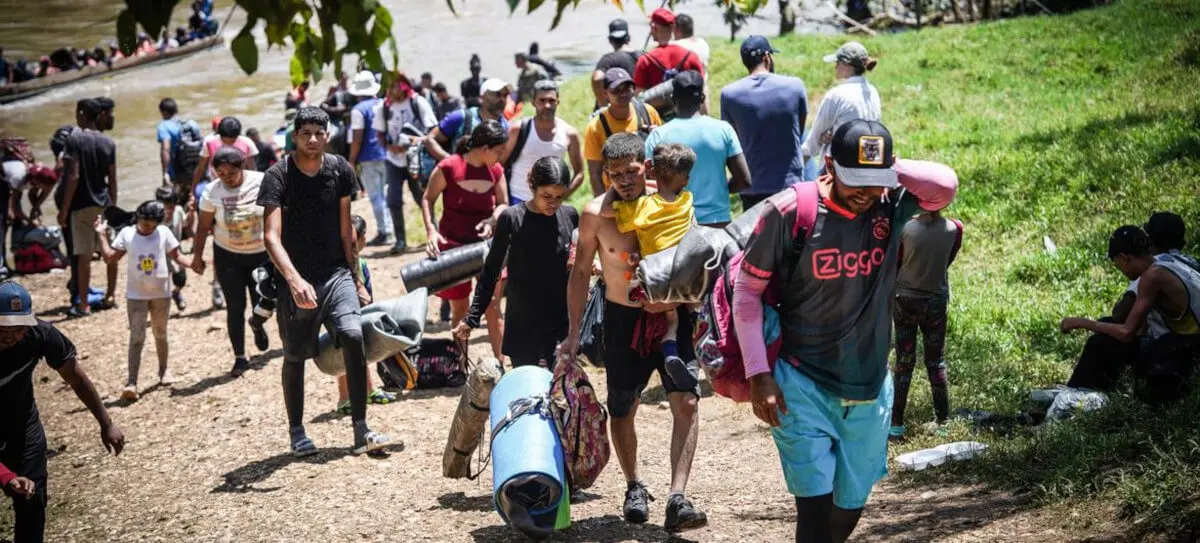
This Monday marks International Migrant Day, a day to highlight the need for safe migration governance, based on solidarity, collaboration and respect for human rights.
Properly managed, mobility can be a cornerstone for sustainable development, prosperity and progress. Unlocking the potential of migration is key to driving efforts to achieve the 2030 Agenda.
“Migration is a reality and a positive force. It encourages the exchange of knowledge and ideas and contributes to economic growth. It enables millions of people to pursue opportunities and improve their lives,” said the Secretary-General.
However, without adequate frameworks it exposes migrants to traffickers, exploitation, abuse, and even death, António Guterres added.
Five years of Global Compact
To address these challenges, the international community approved the Global Compact for Safe, Orderly and Regular Migration five years ago.
“The Compact has become an important reference point and resource for Member States to evaluate actions, improve cooperation and expand rights-based pathways for migration. However, these measures remain the exception, not the norm,” said Guterres, who urged work for a “more humane” management of migration.
In this sense, the executive director of the International Organization for Migration (IOM) pointed out that the importance of joining efforts and working “around people-centered solutions; “solutions that work for people to remain in their communities and for those who want or must migrate.”
Amy Pope highlighted the role of people on the move as powerful agents of development, both in countries of origin and destination.
“Migrants often maintain a close bond with their countries of origin, while integrating into their new communities, where they provide an important wealth of knowledge, experiences and skills. All of this creates a unique mix of cultures and perspectives,” he added.
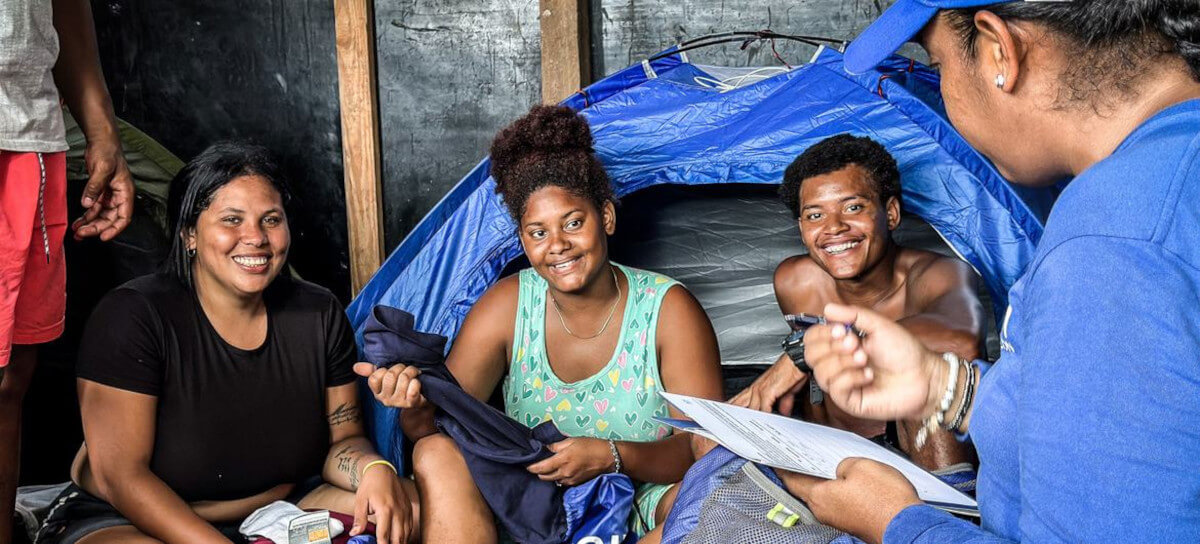
Tackling xenophobia and discrimination
Despite the social, economic and cultural contributions that migrants generate to both transit and receiving societies, many of them and their families face serious violations of human rights, highlighted the special rapporteur on fundamental guarantees. of migrants*.
"We must empower and recognize the role of migrants in positive interaction (…) in order to eliminate all forms of discriminatory narratives and hate speeches against migrants and their families," said Gehad Madi.
The rapporteur also urged to combat deeply rooted attitudes of prejudice, discrimination, racism and xenophobia to ensure the protection of the fundamental rights of migrants.
The threat of climate change
According to data from the World Bank, climate change could force 216 million people in six regions of the world to move within their countries by 2050.
For this reason, the UN Committee on Migrant Workers urged States to take measures to mitigate the phenomenon and to ensure that it does not undermine the human rights of migrants and their families.
“Climate change aggravates the vulnerability of migrants, as they have few options and are often forced to migrate in conditions that violate their human dignity and integrity,” the Committee noted.
In addition, the members of that specialized group urged a debate on “how systemic and historical racism and other systems of discrimination created these vulnerabilities” in the first instance.
*Special Rapporteurs and Working Groups are part of what is known as the Special Procedures of the Human Rights Council. Special Procedures, the largest body of independent experts in the UN human rights system, is the general name for the Council's independent investigative and oversight mechanisms. Special Procedures mandate holders are independent human rights experts appointed by the Human Rights Council to address specific country situations or thematic issues around the world. They are not part of the UN staff and are independent of any government or organization. They provide their services on an individual basis and do not receive a salary for their work.

